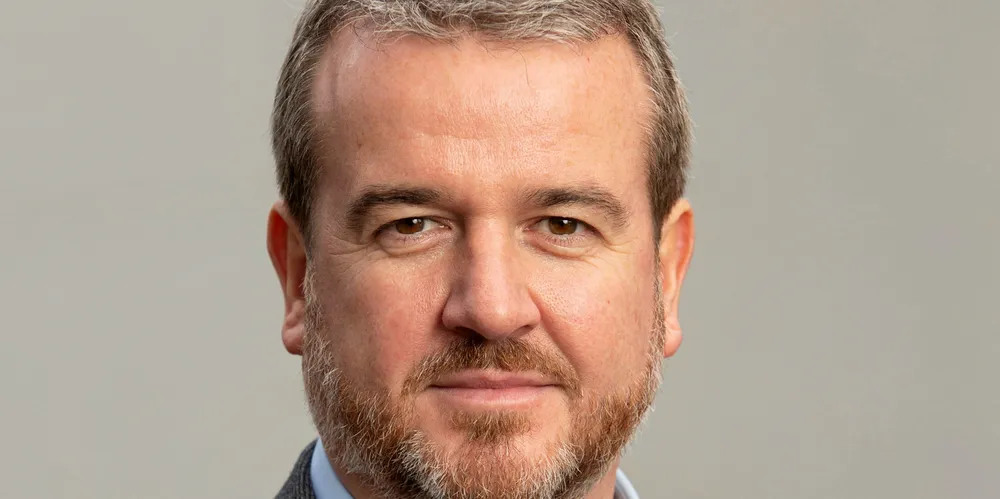'An energy basin like no other': why the North Sea can lead global offshore transition
Status as offshore renewables hotbed and established fossil centre adds up to ideal living laboratory for low-carbon shift, European energy leaders tell Recharge event
